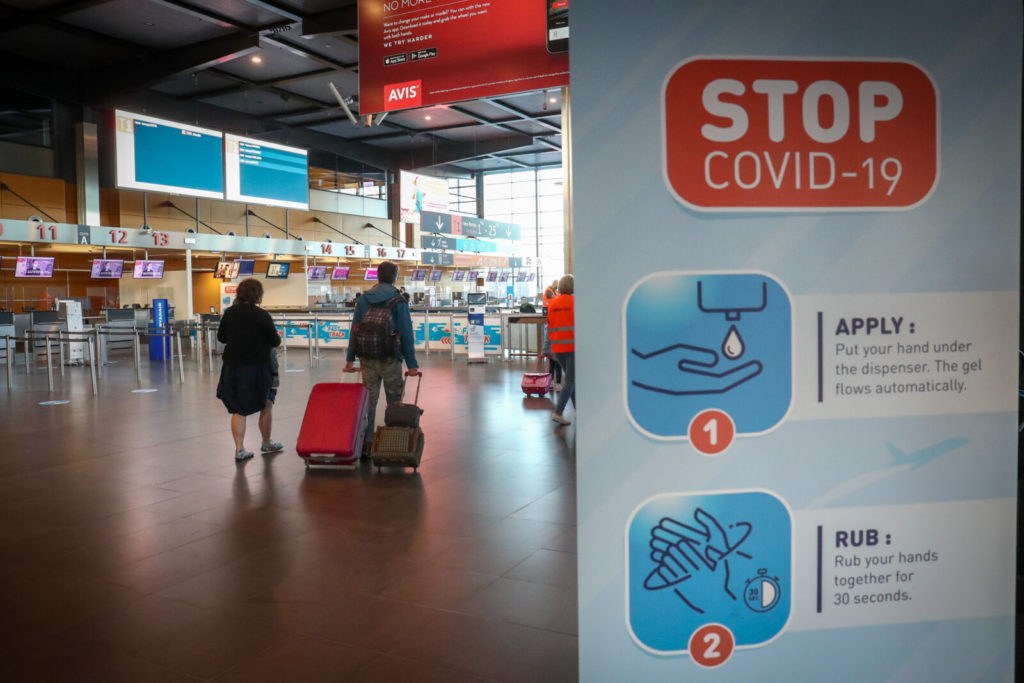Checking whether travellers are carrying legitimate EU’s Digital Covid Certificates in European airports could result in major traffic jams, the European Aviation Safety Agency (EASA) and the European Centre for Disease Prevention and Control (ECDC) have warned.
Both European agencies have adapted their protocols to take into account the introduction of a coronavirus certificate, which should facilitate safe travel by proving that a person is Covid-safe, and how care must be taken to avoid creating human traffic jams once this system is implemented.
"Emphasis should be placed on ensuring that the new elements of the protocol, such as the checking of proof of vaccination or recovery should not create bottlenecks and queues in airport processes," an EASA statement read.
The adjusted protocol recommended all information should be checked just once during each journey, "ideally prior to arriving at the airport of departure. This should also be the case for transfer passengers."
Related News
- Belgium called to restrict UK travel to keep out Delta variant
- 'Missed opportunity': EU travel certificates criticised for lack of uniformity
- Belgian Covid Certificate for travel available from today: how does it work?
This advice is non-binding, but EASA and ECDC said they hoped that the European member states and the aviation sector will follow the proposed measures.
The protocol also highlighted that the traditional safety measures will continue to be implemented, including social distancing when possible, wearing face masks at every stage of the journey, and washing or disinfecting hands as often as possible.
For the time being, giving food and drink on flights should be kept to a minimum, and airlines have been asked not to offer duty-free products for sale on the plane.
Over 650,000 people already registered for the Belgian certificate – which connects to the EU’s Digital Covid Certificate and became available on Wednesday morning.

